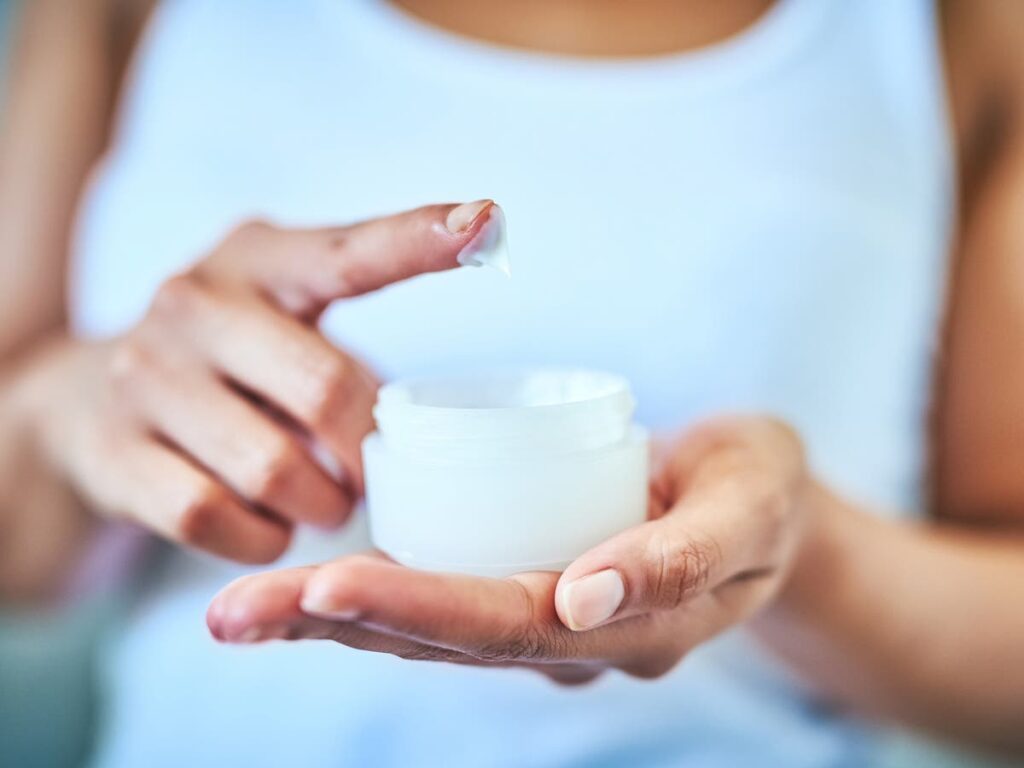Women often say that men will only date fair-skinned women. These are the phrases that my mother would utter to my cousins and me as she applied skin-lightening treatments. Women of color around the world hear these remarks from loved ones and advertisements.
When I visit my family, I can’t help but notice billboards that read: Skin lightening ointment has worked its wonders on the dark-skinned woman on one side, while she is lonely and alone on the other. Dressed professionally, she embraces her lover passionately. As a result of her lighter skin, she’s achieved success in both her professional and personal lives.
By 2027, the global market for skin-bleaching products has been estimated at $8.6 billion, and the industry will have surpassed $12.3 billion. This growth is due to the widespread belief that lighter skin is necessary for obtaining emotional and economic prospects. Additionally, these figures do not take into account illegal or misused products. Most skin lightening creams contain potentially harmful substances, including steroids, mercury, and hydroquinone, which can have severe adverse effects if used for an extended length of time by women all over the world.
About 27% of the market for whitening skin goods is concentrated in the United States, where skin bleaching treatments are used by people of color. The standard of beauty in the United States still prefers lighter skin, despite the fact that ads for these items are less explicit. When people prefer skin tones that are lighter, they’re engaging in the form of prejudice known as colorism.
Health reporter MeeraSenthilingam says it’s a problem that affects people of color all throughout the world. People of color are consuming these items and may not be aware of the physical and mental health harms they cause.” Furthermore, many white people are unaware of the problem or that such products even exist.”
This multibillion-dollar industry is being highlighted in a CNN series called “White Lies: Exposing the Dangers of Skin Whitening” and the health risks associated with it, the underlying issue of colorism that is driving it, and what is being done to stop it as part of CNN’s “As Equals” gender equality initiative. Senthilingam, who was born in Sri Lanka and grew up in the United Kingdom, has a personal connection to the subject because she was exposed to it as a child.
When “White Lies” premieres, the story of women in India who have used steroid creams to lighten their skin for decades is told. Although dermatologist-prescribed topical treatments for conditions like eczema should only be used for a limited time, many women continue to use them well past that timeframe. Meet Soma Banik, 33 years old, who maintains a skincare blog to educate others about the risks of using steroids for skin lightening. She has first-hand knowledge of the long-term effects of using the products as a teenager, which resulted in itching and acne that lasted for years, as well as permanent facial hair development.









